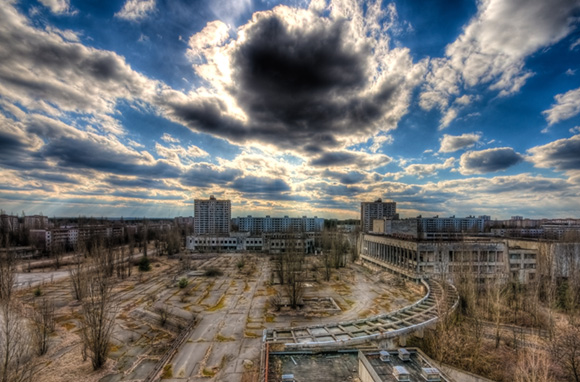FAILURE
The destruction which has overtaken a number of civilizations in the past has never been the work of any external agency, but has always been in the nature of an act of suicide.
~Arnold Toynbee A Study of History 1949

The destruction which has overtaken a number of civilizations in the past has never been the work of any external agency, but has always been in the nature of an act of suicide.
~Arnold Toynbee A Study of History 1949

We can’t predict the future, but if we keep going where we’re going, we’ll probably get there.
If we fail to voluntarily phase ourselves out, two collapses are likely: global civilization and Earth’s biosphere. Our global economic system will still collapse as all pyramid schemes do, but that’s just money: an abstract concept. Unlike money, we need the biosphere and, to a lesser extent, civilization to survive.
Our failure to prevent civilization’s collapse would naturally lead to a population bottleneck, a dieoff. Although what’s left of the biosphere could then recover, the magnitude of human suffering and misery would exceed the worst end-of-the-world dystopia movie ever made. It would certainly be worse than everyone foregoing the experience of co-creating a new person.
Civilization’s collapse might delay collapse of the biosphere, or it could make it worse. Containment of radiation and other toxic wastes depends on sustaining civilization’s technologies. Nuclear power plants can’t be safely decommissioned without some serious equipment in the hands of knowledgeable humans.
Our failure to voluntarily go extinct would allow the largest extinction event in 65 million years to play out. If we disappear before the biosphere collapses, cascading extinctions would continue until a relative equilibrium reestablished itself. The level of biodiversity from which Earth’s ecosphere recovers depends on how soon we disappear. If we hang on until ecological collapse wipes us out, all higher-order species are likely to go with us. Based on previous mass extinctions, biodiversity will recover in about 10 million years.
Enough information is available for each of us to imagine the future we are creating. Timing and degree of degradation require speculation, but the most difficult challenge is overcoming our wishful thinking about the future. Facing reality often discourages us at first, and denial can be comforting. Awareness has its costs, but so does willful ignorance. Indeed, our ignoring of evidence and history got us where we are today.
We could slow down, stop, and reverse our direction, avoiding the tragic destination persisting despite our best denials. Just because we never have doesn’t mean we never will.
A collection of resources for forming your own view of the future: Collapse.